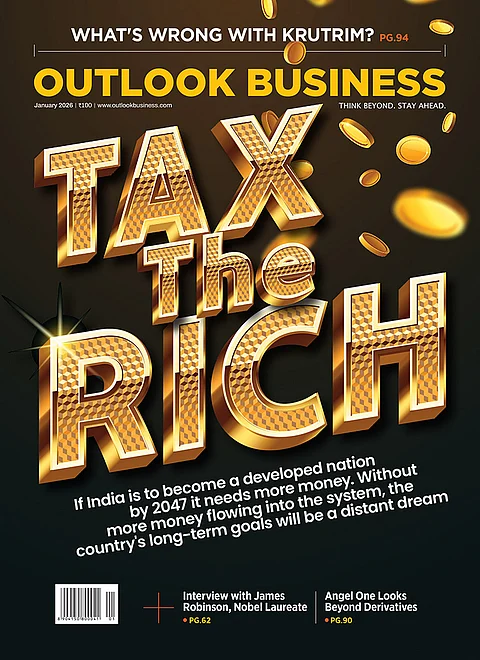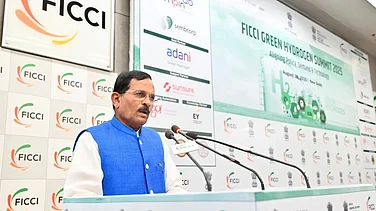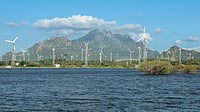Set to take place in Belem, Brazil in November 2025, COP30 is expected to amplify the voices of developing nations during upcoming climate finance talks. According to Reuters, Andre Correa do Lago, the head of the global COP30 summit, told reporters in Brasilia that negotiations are expected to be "harder" at the COP30 summit compared to the COP29 meetings held in 2024 in Azerbaijan, when the United States was "engaged in having policies to fight climate change".
Lago’s comment comes amid the ongoing fallout from the US’ recent withdrawal from the Paris Climate Agreement, an action ordered by new US President Donald Trump.
US Exit Complicates Climate Talks
Discussions at the COP30 are expected to focus on a longstanding dispute regarding the financial support poorer countries need to transition to cleaner energy and address the impacts of global warming.
By withdrawing, the United States has joined Iran, Libya and Yemen as the only four countries not party to the agreement, under which nations work together to keep global warming in check.
In response, Michael Bloomberg, the UN Special Envoy on Climate Ambition and Solutions, has stepped in to fill the void left by US’ withdrawal from the Paris Climate Agreement.
On January 23, Bloomberg announced through Bloomberg Philanthropies that his philanthropic foundation will contribute the US’ financial obligations under the Paris Climate Agreement. According to The Hill, this includes contributing to the United Nations Framework Convention on Climate Change (UNFCCC). Bloomberg said the organisation will both cover the US’s funding gap and its reporting requirements for planet-warming emissions.
The US typically provides 22% of the UNFCCC secretariat’s budget, with the body’s operating costs for 2024-2025 projected at an estimated $96.5m, The Hill reported.
During the COP29 summit in Azerbaijan in 2024, a bitter fight pitted rich and poor nations against one another and ended with a pledge from wealthy countries to annually contribute $300 Bn by 2035 to help fund the transition and mitigate impacts. But the pledge is only a fraction of the $1.3 Tn per year developing countries argue is needed.






























